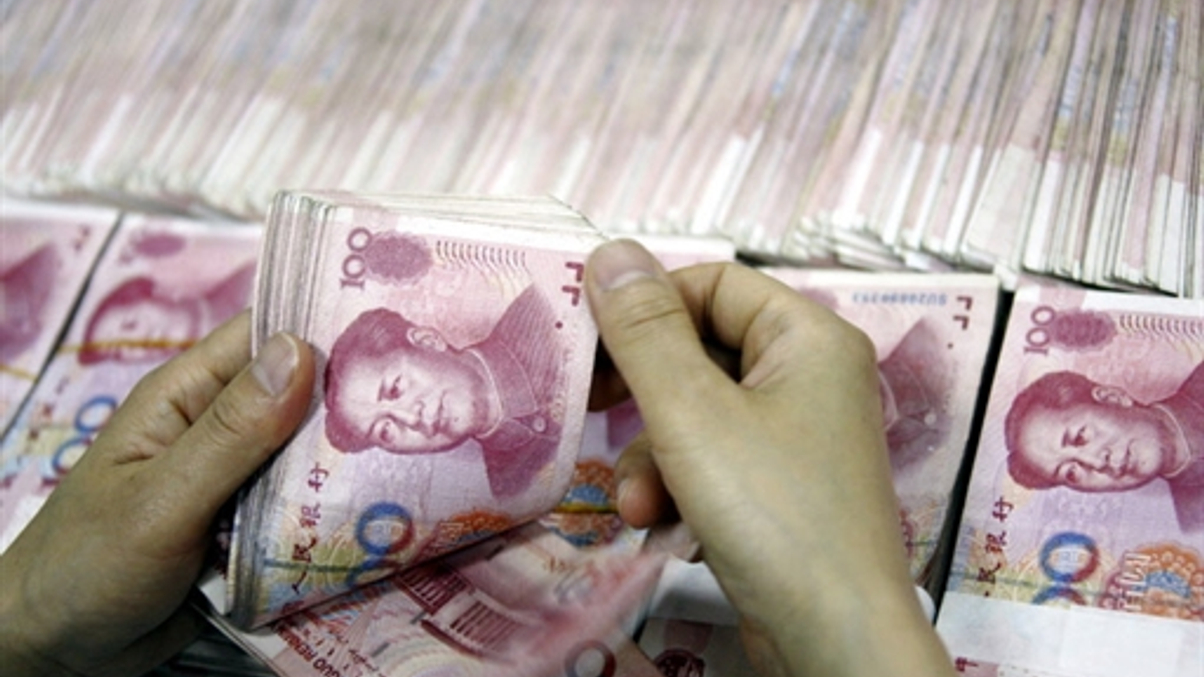NCSSF reports second-lowest return in history
Only private equity investments keep China's social security fund in the black, with a return of 0.8% for 2011 and plunging income.

China’s social security fund NCSSF has reported its lowest annual return since inception (apart from 2008) at just 0.84% for 2011, way below the inflation rate of 5.4%.
Sign In to Your Account
Access Exclusive AsianInvestor Content!
Please sign in to your subscription to unlock full access to our premium AI resources.
Free Registration & 7-Day Trial
Register now to enjoy a 7-day free trial—no registration fees required. Click the link to get started.
Note: This free trial is a one-time offer.
¬ Haymarket Media Limited. All rights reserved.


